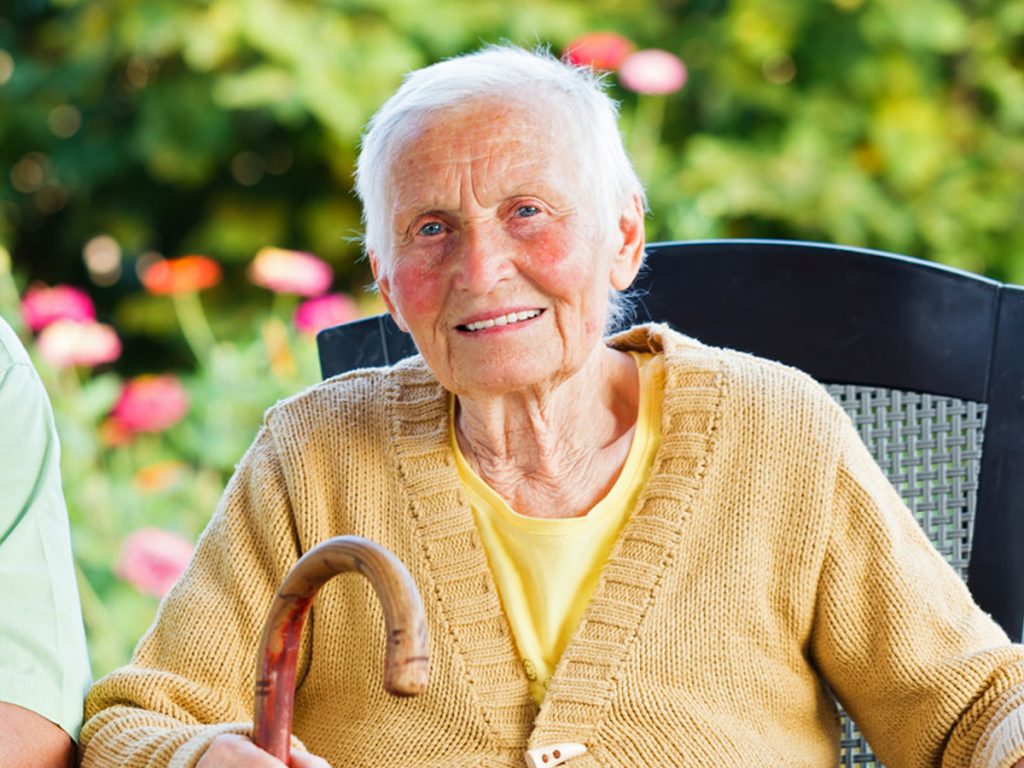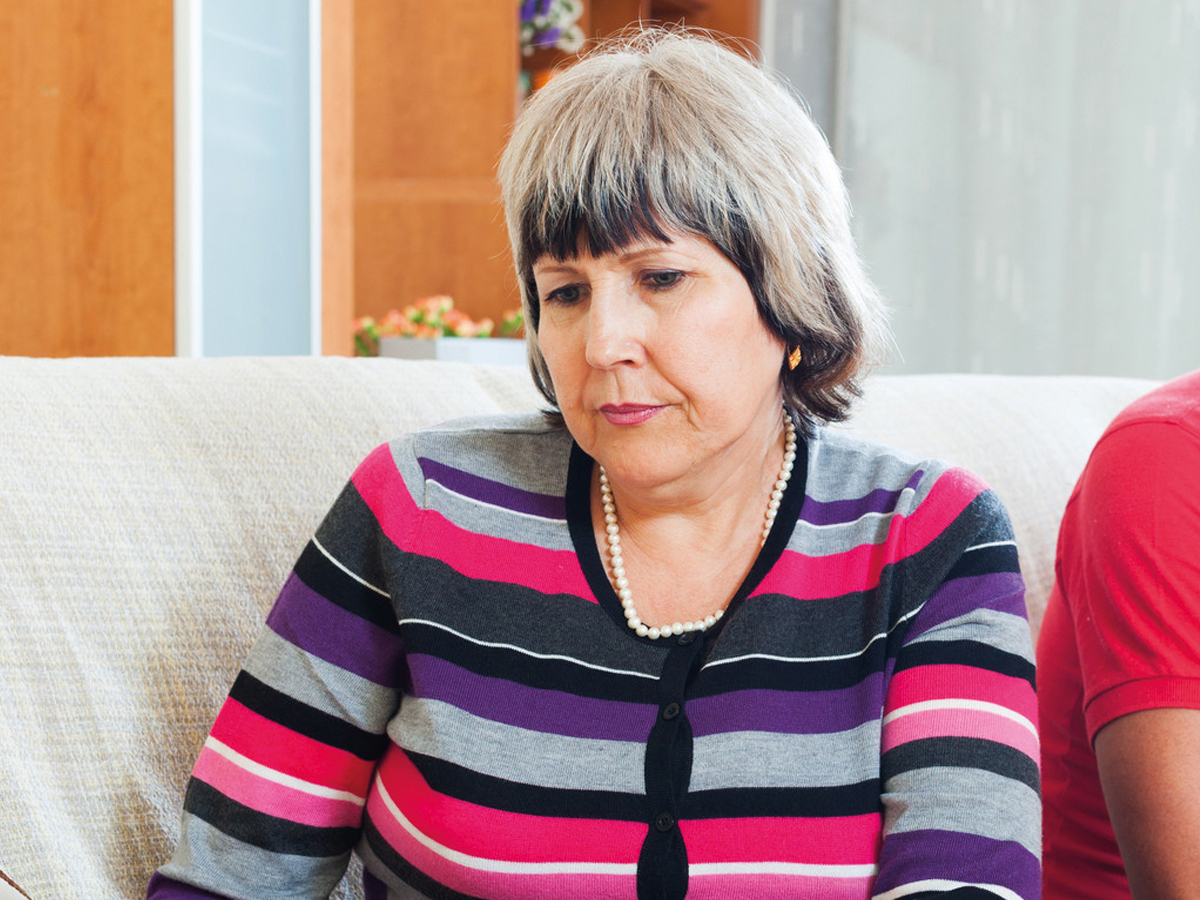My partner’s progressing condition
Q) My husband’s ALS is getting worse, and while I’ve managed his care well so far, I know the next stages will be even more demanding. I’m terrified of what’s coming. What should I be doing now to plan ahead?
This is a tough journey and you shouldn’t feel ashamed of asking for help. Seek homecare support and try connecting with others through the ALS Society chapter that’s close by or online. Perhaps a chat with a counsellor or therapist with ALS related experience could be of help.

Navigating menopause while caregiving
Q) I’m going through ‘the change of life’—hot flashes, mood swings, sleep issues—and I’m not fit to help my parents. How can I say no.
Navigating the change in your own life takes time and energy. Talk to your doctor about your symptoms and explain the situation. Ideally, he or she can help with your own situation and make recommendations for your parent’s care.

Feeling guilty ‘burning out’
Q) My father has been diagnosed with dementia and I’ve been caring for him full-time for over a year. I’m exhausted physically and emotionally, but every time I consider respite care or asking my siblings for help, I feel like I’m failing him. How do I cope with the guilt while still watching out my health.
It’s common for caregivers to feel guilty about finding time for themselves. However, it’s just as important for your father’s care as it is for you that you get some help.
Almost ¾ of caregivers report experiencing the stress, tiredness and many say they’re overwhelmed. You’re not alone! Set up a pre-planned time to chat with your siblings about options (make sure there are no distractions). Can they help one day a week or on weekends to give you a break? You could also offer to chat with the family doctor and ask for provincial homecare support? Be kind, clear and direct about your need for help and where it can be the most effective.

I’m too far away!
Q) My widowed mother is 92 and lives alone in a rural area. I’m an only child and live two provinces away, and while she has a few supports in place, I constantly worry about her. She’s missed appointments and I worry about her safety. What can I do to be a more effective long-distance caregiver?
A few ideas: Communicate often, regardless of your distance, and plan for an Occupational therapist or case manager to do an assessment. They’ll give you a realistic idea of a) how she’s managing b) what other supports are recommended and available c) Fall prevention is key as well so be sure to get advice for safety proofing d) consider reaching out to a local neighbour or friend who can check in daily and opt to increase services if you can. Explore local retirement residences or care homes for your mum. She may resist for now but its best to have a back-up plan just in case you need it.
The questions in this issue of Caregiver Solutions were answered by the experts at the Canadian Abilities Foundation and Canada Cares (www.canadianabilities.org).
Photos: CanStock












